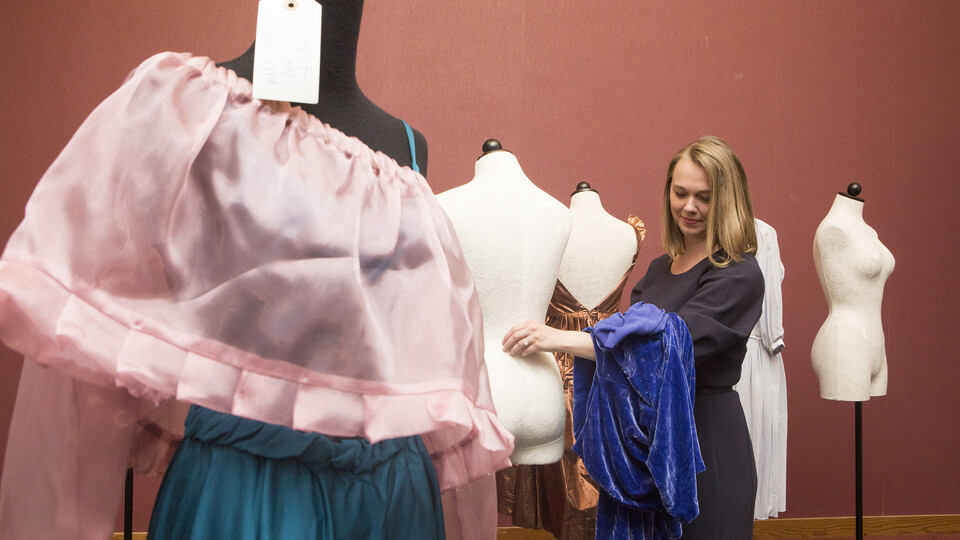
Jorgensen creates learning opportunity for retail merchandising students
18 Aug 2022
Whether humans are aware of it or not, there is a considerable amount of psychology at play when shopping. Graphic banners, modern fonts, and sleek navigation contribute to a happier online shopping experience. Well-organized store layouts and softer lighting can also make someone want to stay longer in a brick-and-mortar store.
Retailers invest in this psychology and can spend hundreds of hours making sure that retail merchandising is enticing to consumers.
Jennifer Johnson Jorgensen, an associate professor in textiles, merchandising & fashion design, has been researching a growing area of interest in retail merchandising – the diversity and equity of a sales space. It was only when Jorgensen was awarded a grant from the Center for Transformative Teaching, she created a module for senior-level merchandising course on that exact topic.
“Diversity and equity are heavily discussed in the retail industry,” Jorgensen said. “The International Textile and Apparel Association has been discussing and hoping for more research and I felt it was a gap that students needed more information in.”
In previous merchandising courses, diversity, equity and inclusion had been discussed, but there had never been focused periods for students to actively engage with the topic. Jorgensen created new lectures that were incorporated into the three-and-a-half-week module and include current DEI initiatives in merchandising, retail mistakes due to lack of diversity in staff or diverse input, and cultural appropriation. Students also read two case studies and started each class discussing current events in relation to retail settings.
Jorgensen said the dedicated module encourages students to speak about a difficult topic in a respectable manner and learn from others’ opinions.
“I feel like we are a long way away from stopping talking about DEI,” Jorgensen said. “I would love for DEI to be something we don’t need to talk about because we are considerate and respectful, but we can do a lot to be better and we need to continue to be better and learn more from other people’s mistakes and be more inclusive and equitable.”
In conjunction with new learning materials, Jorgensen also had the merchandising class of about 20 students work with a local program, The Refinery. The program is a part of the ECHO Collective, a non-profit organization serving female entrepreneurs from immigrant and refugee communities. Jorgensen reached out to Kelly Ross, the founder and executive director of the ECHO Collective, and developed activities that students would participate in with The Refinery.
“(The students) loved it,” Jorgensen said. “We had an event in the fall where the students and The Refinery came together and talked about future hopes. It was great to see how the students and entrepreneurs worked together.”
Jorgensen plans to continue the relationship with The Refinery in the future and continue to build on the topic of diversity, equity and inclusion in merchandising and retail.
“I was encouraged by the students’ reactions to the new module,” Jorgensen said. “They have the energy. They’re ready to make the industry better. It makes me feel like the future is in good hands.”
Textiles, Merchandising & Fashion Design
College of Education and Human Sciences